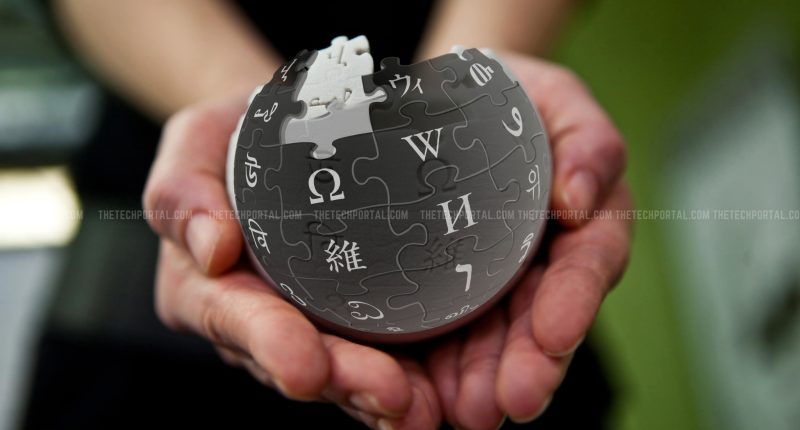Wikipedia is under severe government scrutiny in India. The Centre issued a formal notice on Tuesday regarding Wikipedia’s editorial practices, especially regarding perceived bias and inaccuracies in the content presented on the free online encyclopedia.
Wikipedia is nothing short of a household name – the 23-year-old online encyclopedia aims to (and delivers) free access to knowledge across the globe. Users from a vast variety of backgrounds (they are known as Wikipedians) can contribute to its repository – which already consists of over 56 million articles. In its initial days, Wikipedia provided support for only English, and currently, Wikipedia is available in more than 300 languages, and nearly 89% of its content exist in languages other than English and encompass a variety of topics.
This development comes at a time when when the Indian government is intensifying its efforts to regulate online platforms, and Wikipedia is already in hot waters in India, facing a legal tussle in the Delhi High Court. The HC also issued a ruling in September following a defamation lawsuit filed by Asian News International (ANI), wherein the news agency claimed that Wikipedia had allowed harmful edits that portrayed it as a “propaganda tool” for the Indian government.
“If you are an intermediary, why are you bothered? If somebody else has edited and that addition is without basis, then it comes down. They are not here to protect…D2, D3, D4 are editors and you are a mere wall. If you are a mere wall and somebody else has written those things and they are not prepared to come to the court, then why should I hear you. I would only see whether the opinion given in your encyclopedia does not depict the correct picture, as not a true representation of the article, the page comes down,” Justice Subramonium Prasad commented on the matter.
According to reports, the Information and Broadcasting Ministry is looking into a select group that has editorial control on Wikipedia, questioning why Wikipedia should not be treated as a ‘publisher’ instead of an ‘intermediary.’ There is a difference between the two under the existing IT regulations in the country – as an intermediary, Wikipedia cannot be held liable for the content it hosts (which does not hold true if Wikipedia is a publisher).
In addition to this, the Delhi High Court also questioned Wikipedia’s claim of being an encyclopedia, especially since Wikipedia claims not to endorse the content that is written on the platform.
The Tech Portal is published by Blue Box Media Private Limited. Our investors have no influence over our reporting. Read our full Ownership and Funding Disclosure →





